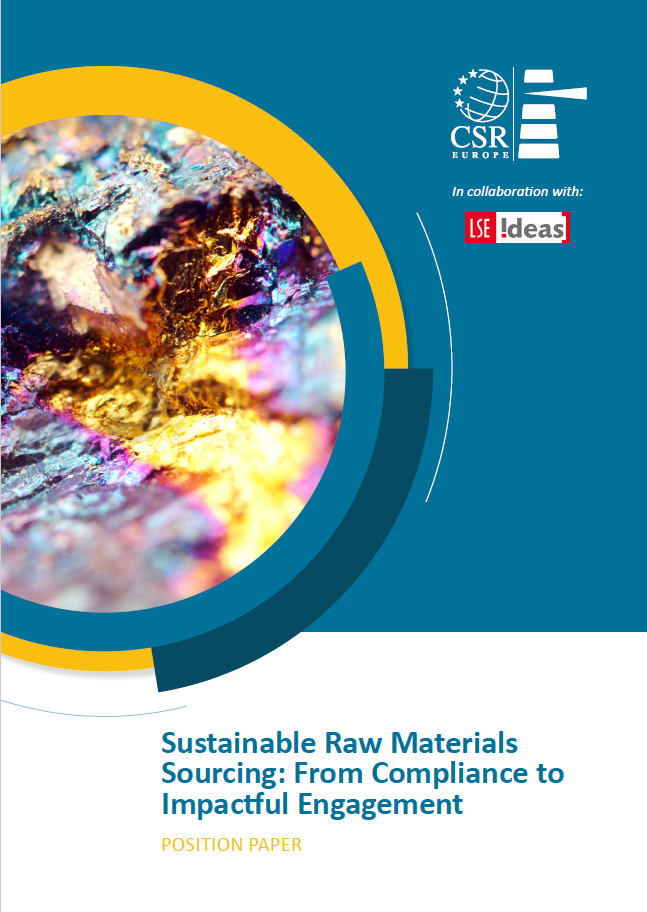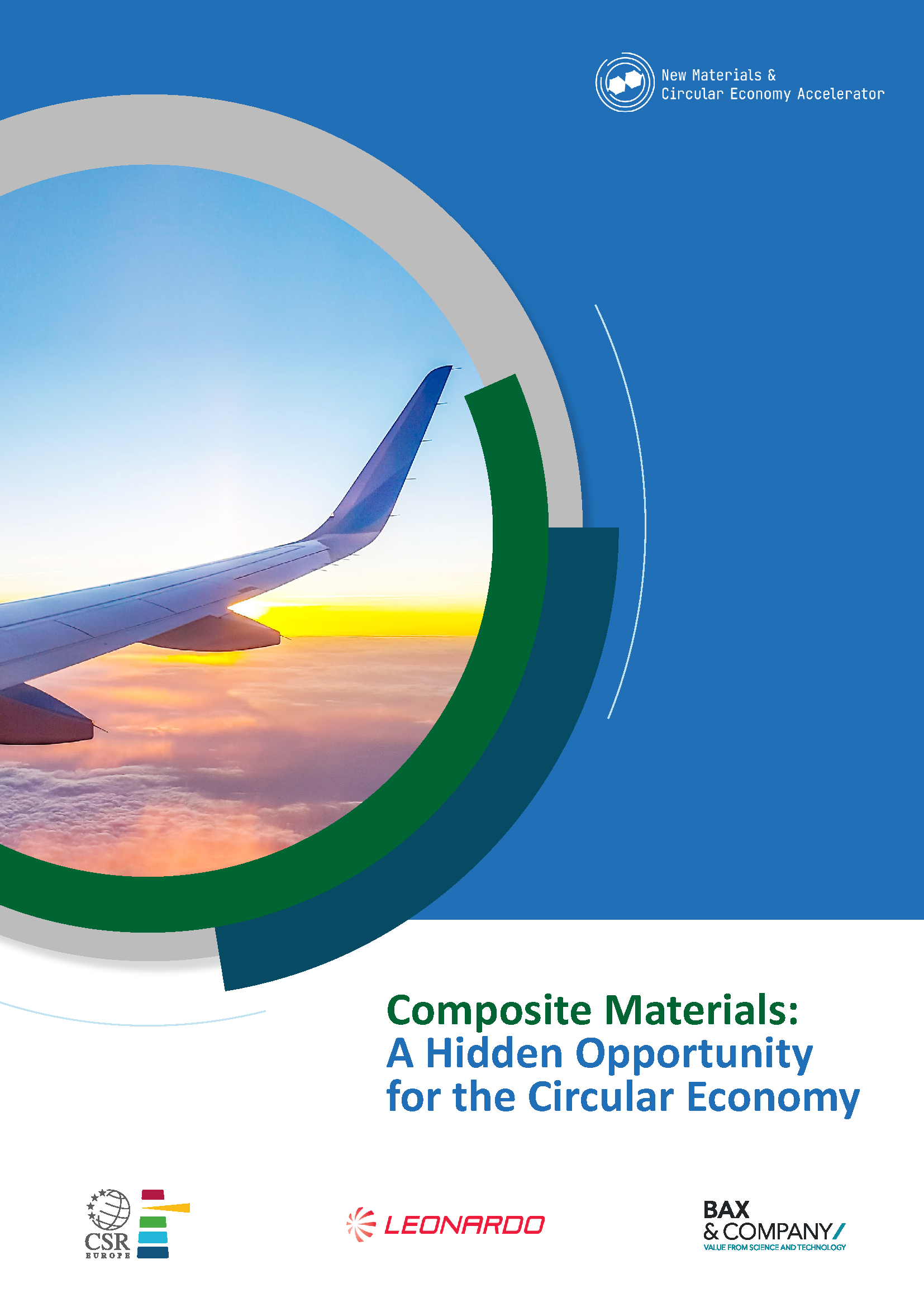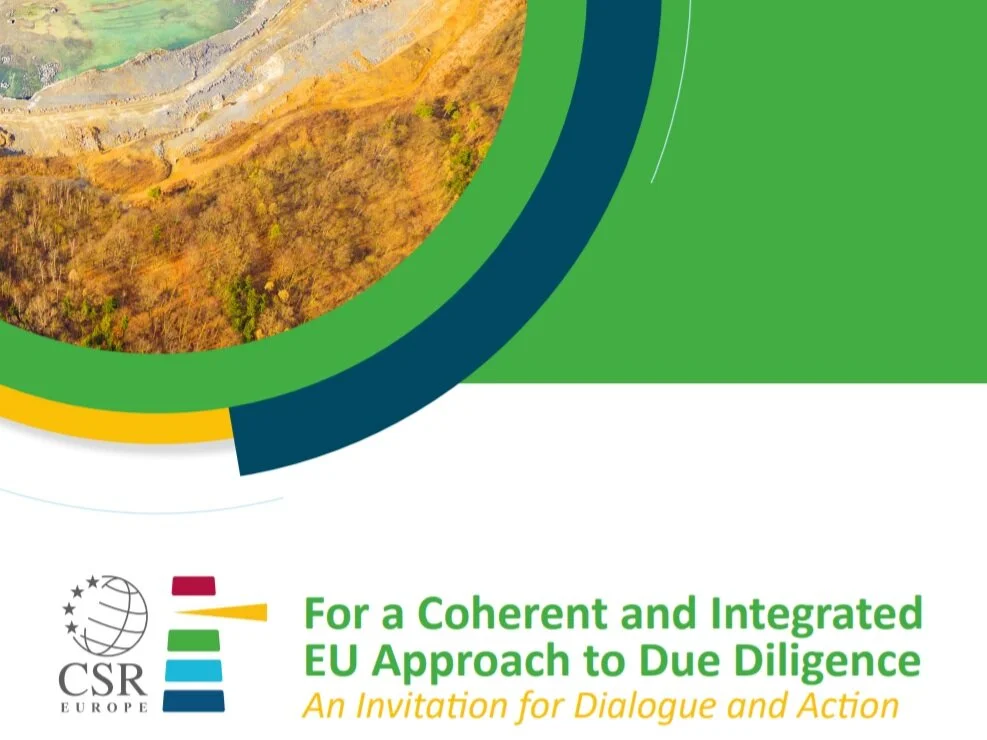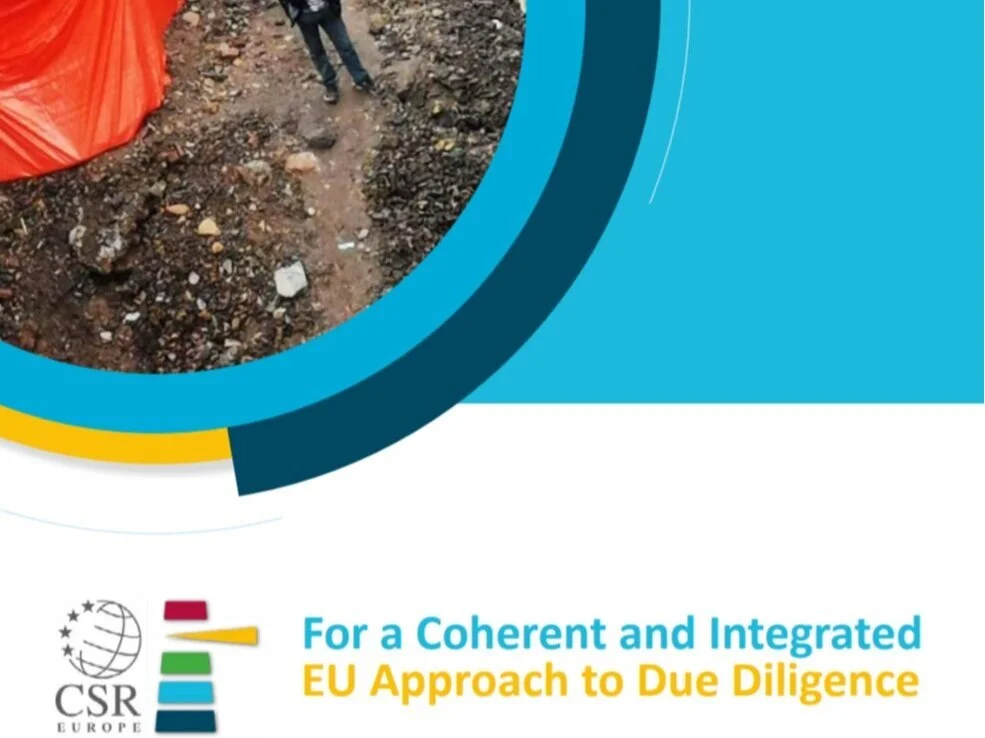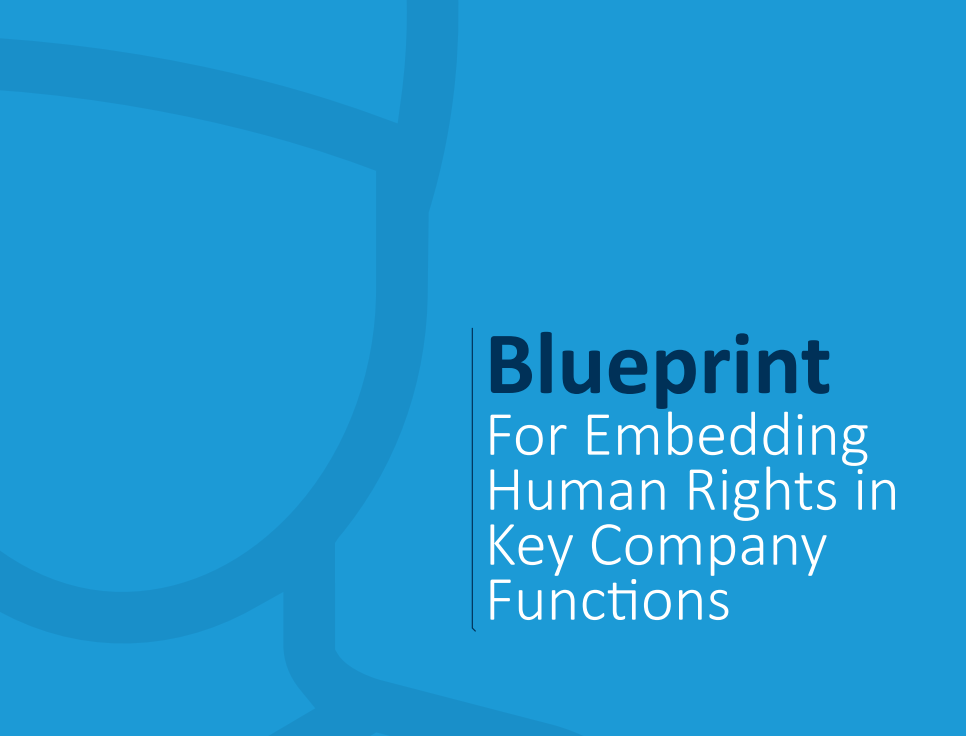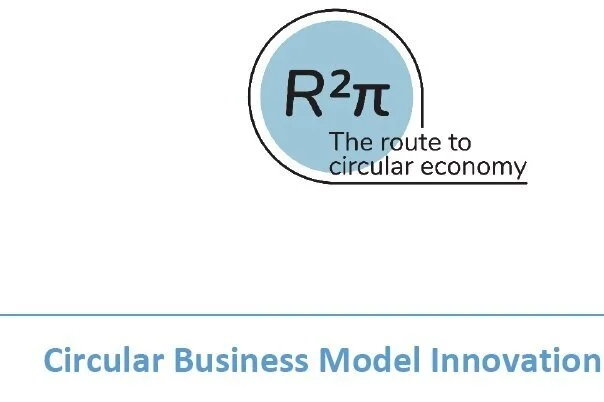The Potential Risks Posed by the New EU legislation on Human Rights Due Diligence
The upcoming regulation risks turning due-diligence into a tick-the-box exercise and lead to the exclusion of small producers operating in the Global South.
Against this backdrop, CSR Europe and Levin Sources will discuss how to achieve an inclusive due diligence process at the open webinar on 10 March.
2021 will be the year of the European Commission’s legislative proposal on human rights and environmental due diligence. Due to the complexity of global supply chains and low supply chain transparency, this regulation alone will not be enough to properly identify supply chain risks and ensure a positive impact on people and the environment.
The real purpose of any due diligence process should be to achieve a positive impact and change on the ground: supply chain sustainability is about the environment and climate, as well as the respect for human rights, decent work, and the advancement of livelihoods of people and communities. However, the upcoming EU legislation on human rights due diligence, as it is now, risks of generating negative unwanted and unintended consequences.
Due Diligence as a tick-the-box exercise
Monitoring and enforcement mechanisms to ensure an effective due diligence process are already in place. However, there is still a long way to go to ensure that the real players on the ground are included in this impact equation.
With the new EU legislation, there is a risk that downstream companies will focus mostly on compliance and reporting, like a tick box exercise, and will not engage their value chain peers to embed the concept of supply chain due diligence throughout all the relevant business operations.
De-risking Due Diligence
De-risking could be one of the most challenging unintended consequences of the upcoming EU law.
Companies could opt to not conduct business in countries with weak governance to avoid all possible risks of not complying with new regulations, causing the exclusion of all those small producers who will find it harder to comply with the new due diligence expectations.
A Collaborative Approach to Due Diligence
It is therefore imperative that these negative, unintended consequences are taken into account and avoided so that the upcoming regulatory framework does not deteriorate the already vulnerable situation of small farmers, artisanal miners, and other marginalised groups in the Global South.
An effective and inclusive due diligence requires progressive efforts and a collaborative approach between all the relevant actors involved, from companies to policymakers, and civil society organisations.
Everyone has a role to play to achieve real impact on the ground. For this reason, the creation of multi stakeholder platforms is needed. Such platforms would create a safe space for dialogue and information exchange.
Now is time to establish a level playing field and effective legislative measures whilst ensuring an inclusive due diligence approach that takes into account local communities. If you would like to know more, join the upcoming webinar “How to Achieve an Inclusive Due Diligence?”, taking place on 10 March, 11:00-13:00 CET. The webinar, organised in collaboration with Levin Sources, aims to:
Provide examples of how downstream companies can further engage with their upstream supply chain to build the appropriate corporate strategies and processes and align them with corporate values.
Discuss how policymakers can create an enabling environment for impact at the local level.
For more information:
Senior Project Manager


